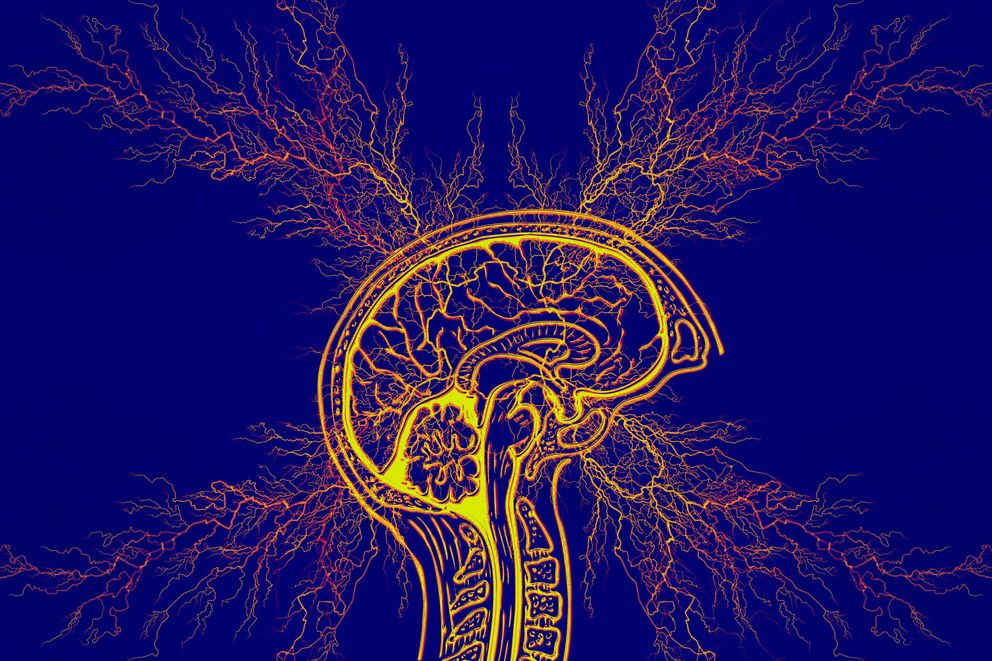
Social Success on the Carnivore Diet: Tips for Staying Committed at Gatherings and Restaurants
Social gatherings often mean a spread of carb-heavy foods and tempting desserts that can make sticking to the carnivore diet feel tricky. But with a b...

If you’re juggling life with epilepsy, you’ve probably heard that tweaking what’s on your plate might just give you an upper hand in managing those pesky seizures. As we march into 2024, it’s not just about popping pills; it’s about filling our forks with foods that could literally help calm our brains.
Let’s slice into the best diets that are making waves in the epilepsy community, especially for women.

The ketogenic diet isn’t just a fad for those looking to drop a dress size—it’s a serious ally against epilepsy. This diet is like giving carbs a cold shoulder and embracing fats like they’re old friends. Why? Because fats get converted into ketones, which are like little pacifiers for your overexcited brain cells.
Just the Facts: Studies show that about 45% of adults who stick with the keto diet experience at least a 50% reduction in their seizure frequency. And for those who are all in, a small but mighty percentage even become seizure-free.
Think of the Modified Atkins Diet as the Keto’s laid-back cousin. It’s less about strict fat ratios and more about cutting back on carbs while still enjoying a good amount of protein. It’s got a bit of flexibility, which is great for those of us who can’t imagine life without a little extra chicken on our salad.
Why Women Love It: It’s easier to fit into a busy lifestyle and doesn’t require a complete kitchen overhaul. Plus, you still get some solid seizure control, which is what it’s all about.
This diet is all about choosing carbs that play nice with your blood sugar levels. The LGIT keeps things sweet and stable, avoiding those blood sugar spikes that can trigger brain waves to go wild.
Real Talk: It’s shown to work well with both kids and grown-ups, making it a versatile option for managing epilepsy. Plus, who doesn’t love a diet that still lets you eat fruit and whole grains?
Medium-chain triglycerides (MCT) oil can be a game-changer if you’re not a fan of super high-fat diets but still want the benefits of ketosis. MCTs are fats that your liver quickly turns into brain-calming ketones.
Scoop on MCT: You can add it to everything from smoothies to salads and get a faster route to ketosis. It’s like having your cake (okay, maybe just the sugar-free kind) and eating it too!
Navigating dietary changes for epilepsy doesn’t have to be overwhelming. Here are some very practical, actionable tips to help you embrace these diets effectively:
When considering dietary approaches to manage epilepsy, it’s crucial to proceed with caution and be aware of the potential risks. Here are the detailed precautions and contraindications to keep in mind to ensure your dietary strategy is safe and effective.
Always initiate any dietary change under the close supervision of healthcare professionals. This guidance is vital to customize the diet to your specific health needs, monitor its effectiveness, and adjust as necessary to prevent adverse effects.
Starting a dietary approach to manage epilepsy is a proactive step towards controlling your symptoms and enhancing your quality of life. Each of these diets offers a unique pathway that may suit different lifestyle and health needs. Remember, the goal is not just to manage epilepsy but also to enjoy a fuller, healthier life.
So, pick the plan that feels right, customize it to your taste, and start your journey towards a healthier you with optimism and determination. Here’s to finding joy in the journey and success in the results!
A: Ketogenic diets are highly effective for many women with epilepsy, with some studies showing that over 50% of adults experience at least a 50% reduction in seizure frequency. It’s particularly noted for its potential to work when medications haven’t fully succeeded.
A: It’s crucial to start a ketogenic diet under medical supervision, especially if you have epilepsy. This diet involves significant changes that can impact everything from medication effectiveness to overall health.
A: Before starting the Modified Atkins Diet, consider its higher protein and fat intake compared to a standard diet. Monitoring your overall health, ketone levels, and ensuring you’re receiving adequate nutrients is important.
A: The Low Glycemic Index Treatment has shown promise in various types of epilepsy, but its effectiveness can vary. It’s often used when patients do not achieve full control with other diets or prefer less restrictive options.
A: MCT Oil can cause gastrointestinal upset, such as diarrhea or stomach cramps, especially when introduced rapidly or in large amounts. It’s best to start with small doses and gradually increase under medical guidance.
A: Improvements can vary widely among individuals. Some may see changes in seizure frequency or intensity within weeks, while for others, it may take several months to notice significant benefits.

Social gatherings often mean a spread of carb-heavy foods and tempting desserts that can make sticking to the carnivore diet feel tricky. But with a b...

The carnivore diet is often seen as straightforward: eat meat, keep it simple. But adapting it seasonally can bring freshness, variety, and local flav...

The carnivore diet has become increasingly popular, but like any extreme dietary approach, it raises important questions—especially for women concerne...

The carnivore diet has gained attention globally, but women’s experiences and cultural approaches to animal-based eating vary widely depending on wher...

Living with Chronic Obstructive Pulmonary Disease (COPD) can make everyday activities feel like a marathon, especially for women who are juggling heal...